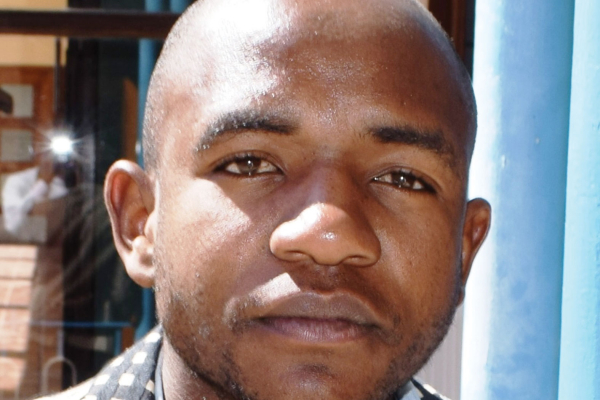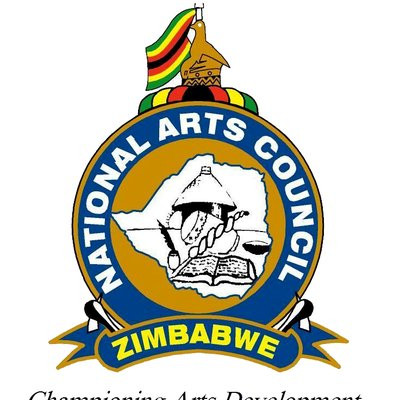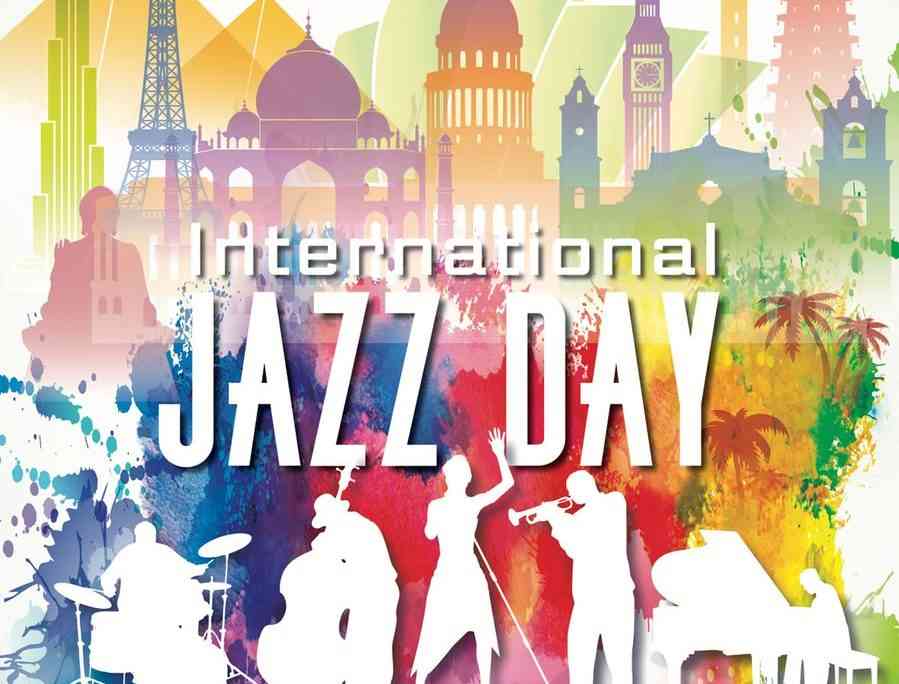
Between the Lines: BENIAH MUNENGWA
THE line between sadness and happiness is too sharp to digress. Too many a times, the African scribe is faced with the dilemma of either celebrating victories of the black man or playing the role of critic; one who strives towards playing the role of fault finder in the deeds of fellow Africans.
This is a matter of interest, given that foreign scribes write of this continent in the dark light of doom.
Notable narratives that are in this context include the ever-contestable Heart of Darkness, Tarzan, daily war reportage and the perpetual image of suffering and pain broadcast on television and on other mediums of communication.
I write in this sense because, for long, the African has forgotten that a smokescreen, once in a while, is needed to play the role of mothball, to extinguish the stench of smoke that the self always exhumes, even in lands that many assume are pure and all innocent.
In Shona, there is a popular adage that says, Chidembo hachivhiirwi pavanhu. This principle was coined to preserve the sanity of the self, for in “skunking the mask” in public, one gets to remove the face of sanity that people have.
In many a times, writers have found it worth to focus on exposing the extent of political and economic rot in their motherland.
I write not to say all that is bad, but after you realise the multiplex of the negative effects of America’s army in the lives of those that are in the army and those that they perpetrate their pain on, America’s citizens still don’t sing from that hymn in the presence of the world.
- Chamisa under fire over US$120K donation
- Mavhunga puts DeMbare into Chibuku quarterfinals
- Pension funds bet on Cabora Bassa oilfields
- Councils defy govt fire tender directive
Keep Reading
What this form of writing then leaves the writer with is a limited landscape that ignores some of the daunting tasks that he might be having in his face. Some of these include the ability of the artist to remind his people of the importance of his cultural self, not in a way that results in rage, but in a way that, through persuasion, leaves one on the verge of introspection and towards the pathway of internal social recovery.
All this mess has, at the most, been perpetuated by the need to appease donor intentions, who in most cases have reduced art to political gimmicks and social propaganda that drives towards the emasculation of man and the forwarding of the same sex tautology and hence eroded the few strands of humanism now left in Africa.
As a result, the artist has been degraded, unable to weave together the society that should be served by the griot’s yardstick, pointing at the small grains of beauty that still makes us human in spite of our seemingly folkloric bad shape.
This focus towards obsession with the unreasonable, the unchangeable and the sad has demoted the opportunity to celebrate, no matter how small, the good that still remains in our society.
Such good elements which are engrained in our social fabric include our ability to date, smile, share, laugh and remain glued to love in the face of a capitalist revolution.
The African underworld too has been neglected and demoted to non-existence, yet everyday cases of ngozi, rukawo, rutsinga, njuzu and other spiritual elements continue erupting and needing the resolve only the African knows better.
The humanity still engrained in the rural society stands ignored in current publications. To most writers, these are just issues not worth the talk, issues of no value, but if this persists, the war on narratives will be lost in the name of a ghost pursuit towards grievances that one harbours towards the nation State.
Of key to note is that daily, through mediums like the internet, cable television and comics, among others, a cultural perception will be one being exported and consumed by the African people and all these artistically presented forms now face no defence from motherland, Africa, for no effort in terms of writing or production is being put with the same intensity as that of the Western and Eastern countries.
It is quite sad to note that some jewels in there presently only have to be excavated by Western storytellers and only after that do Africans then begin to see value in their heritage and social composition as was in the form of the Black Panther narrative and Lion King, among other story products.
My view, however, is not meant totally to extinguish the revolutionary zeal and flames of discontent, but is to just stand as a reminder for those that write, to turn their back and recollect what could be the most valuable jewels in their mining exercise of words. It is also imperative to note that, the artist of the day, unlike Sembene, Ba and Achebe of yesteryear, rarely can see and put to force that, today’s events are as a result of both internal and postcolonial elements, only that the coloniser’s subtleness of actions can be confused for absence.
A blend, therefore, of art and revolution can still be achieved, consisting of a balanced attack and defence mechanism that leaves the African story at a better place, that, if futuristic grandchildren are to read, they will surely say, oh, here once lived some people with a heart.
But all this stands threatened by a minister who sees no value in art and humanity but in science alone, as if science operates in a vacuum.
Beniah Munengwa writes in his own personal capacity. He can be contacted through email on [email protected]











